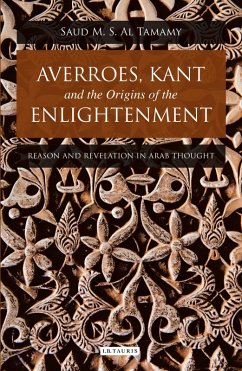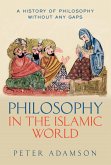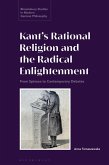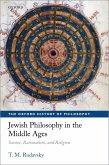The twelfth-century philosopher Averroes is often identified by modern Arab thinkers as an early advocate of the Enlightenment. Saud M. S. Al-Tamamy demonstrates that an historical as well as comparative approach to Averroes' thought refutes this widely held assumption. The philosophical doctrine of Averroes is compared with that of the key figure of the Enlightenment in Western thought, Immanuel Kant. By comparing Averroes and Kant, Al-Tamamy evaluates the ideologies of each thinker's work and in particular focuses on their respective political implications on two social groups: the Elite, in Averroes' case, and the Public, in the case of Kant. The book's methodology is at once historical, analytical and communicative, and is especially relevant when so many thinkers - both Western and Middle Eastern - are anxious to find common denominators between the formations of Islamic and Western cultures. It responds to a need for comparative analysis in the field of Averroes studies, and takes on the challenge to uncover the philosopher's influence on the Enlightenment.
Bitte wählen Sie Ihr Anliegen aus.
Rechnungen
Retourenschein anfordern
Bestellstatus
Storno









